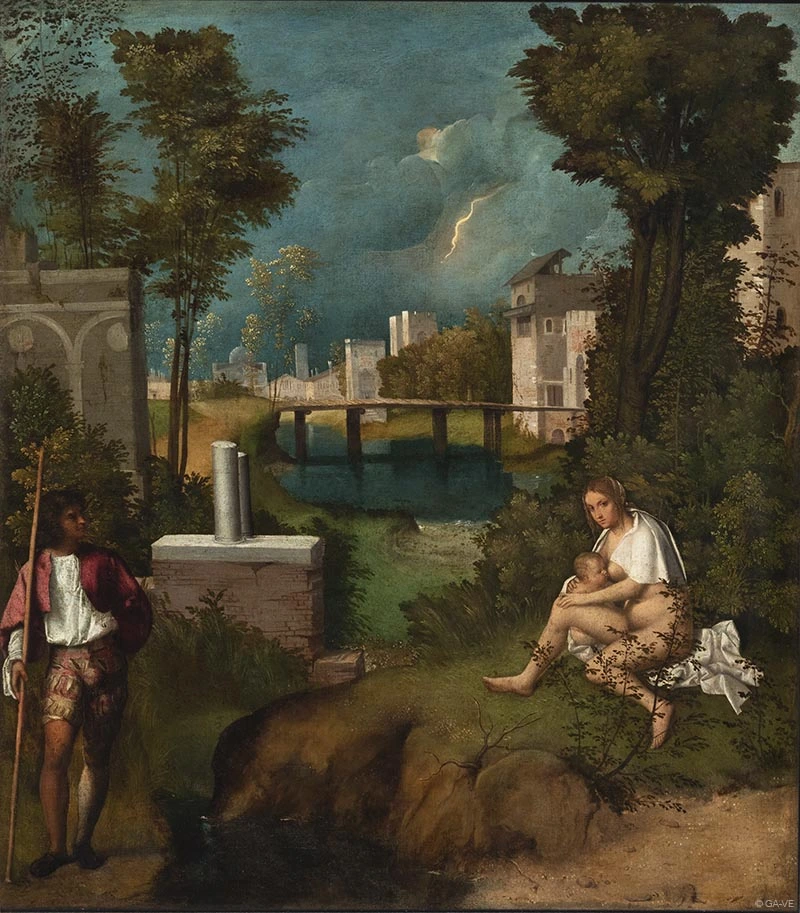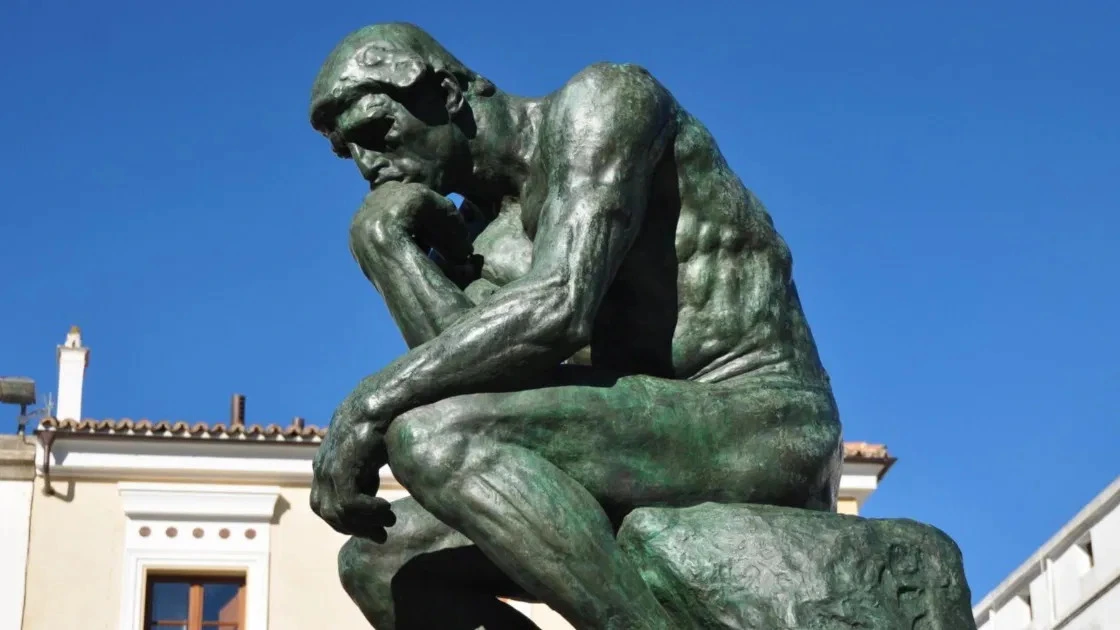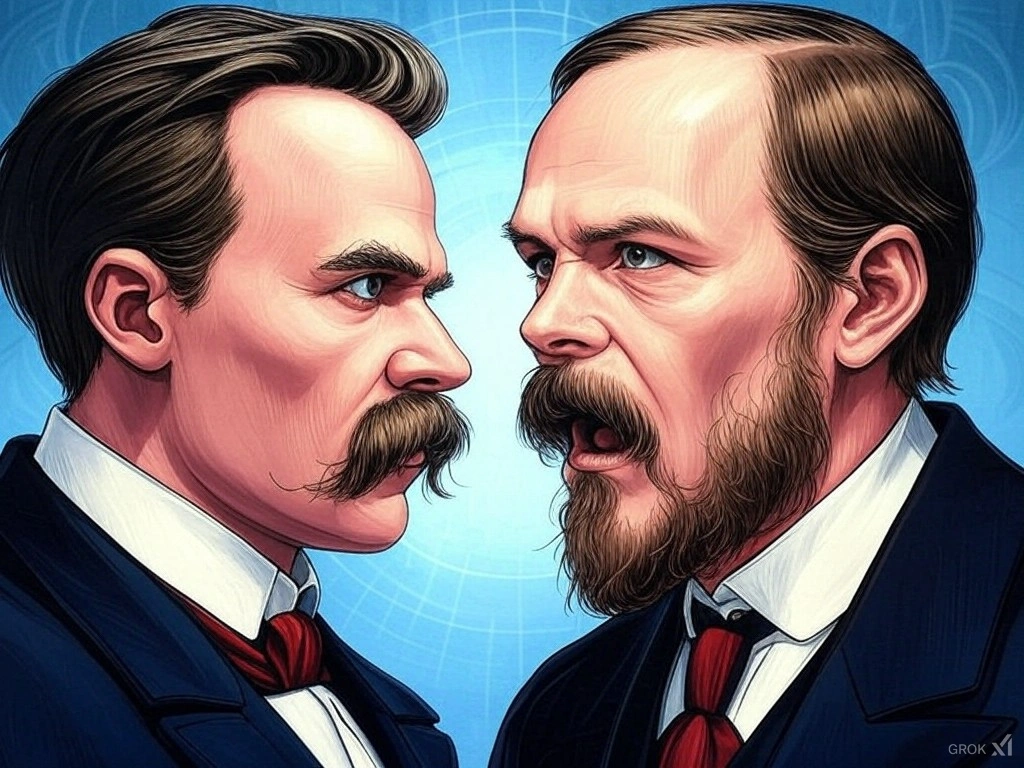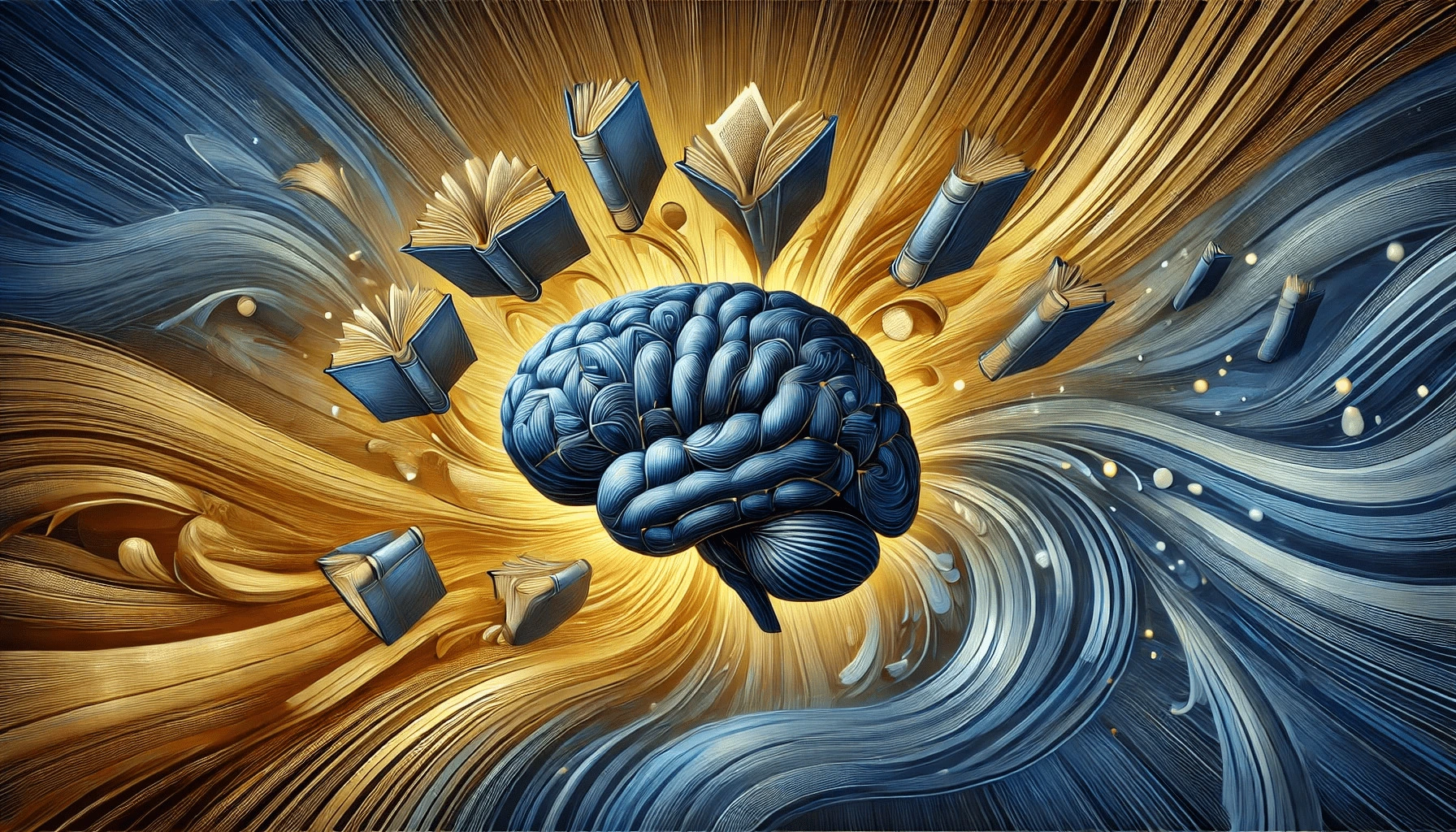
How to Benefit from Chaos: Notes on Taleb's 'Antifragile'
Here are my notes, made after reading each book (here referred to as a chapter) and the sections contained within those books. These notes are not intended to replace reading the book, which is essential for a better understanding of the concepts, but rather aim to help readers review and complement their reading. Some notes have been supplemented with my own observations and ideas. As the book’s author himself suggested, some sections and books are intended for a non-lay audience; such sections and books were skipped in these notes, which are primarily aimed at the lay reader. ...


